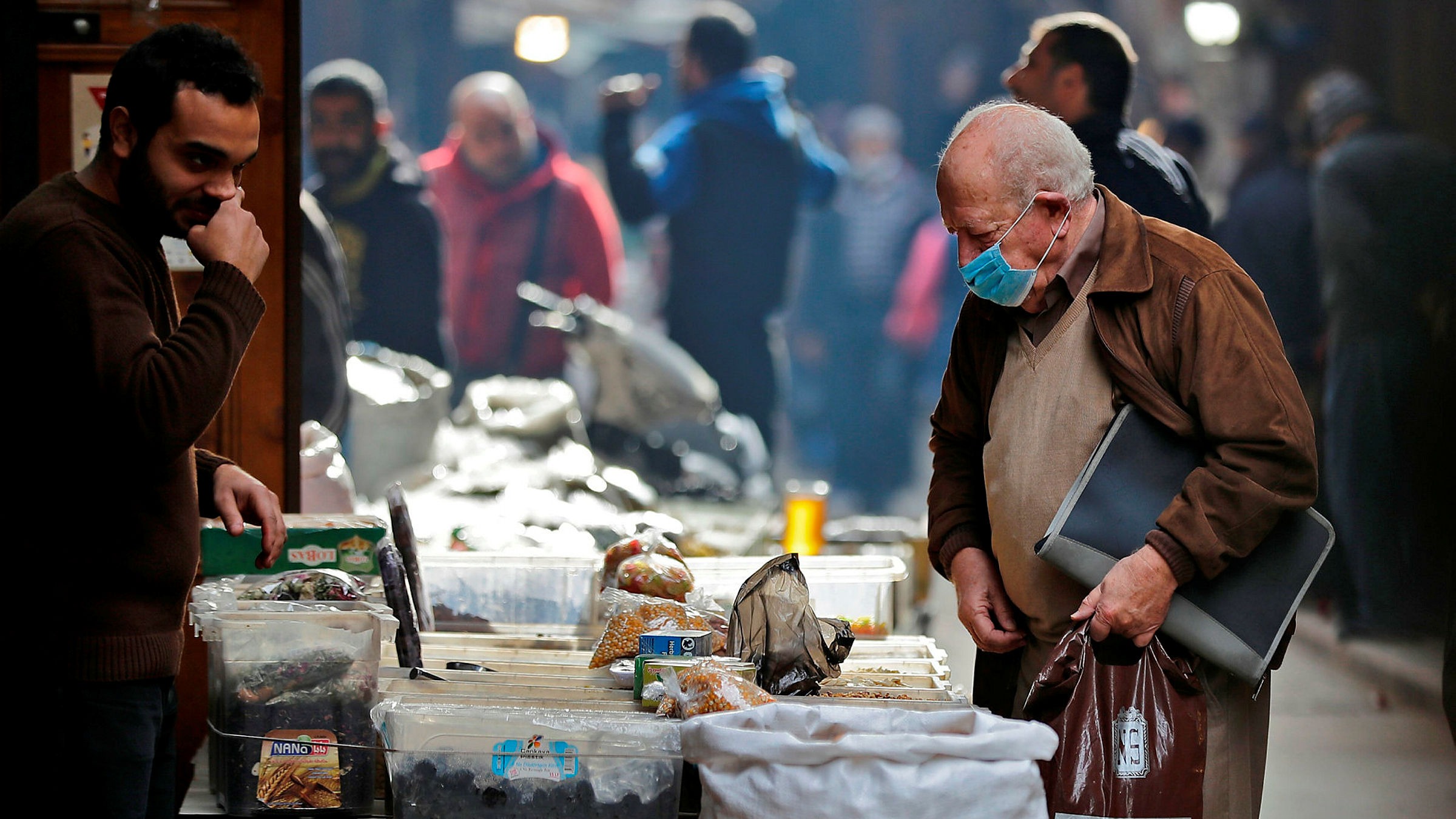Economists are becoming more and more concerned as inflation soars. Market losses are significant as Lebanese politicians spend more time arguing over political issues. In fact, experts are paying attention to how quickly inflation is rising in Lebanon.
The illegal market for fuel—a source of price increases?
In many nations, inflation is rising. Numerous nations are looking for solutions to the grim figures. While more and more states are turning to bitcoin as the best way to address this situation, other states are choosing more extreme measures. Many nations, including Argentina, believe they have a solution to put an end to hyperinflation.
In the meantime, events in Lebanon appear to be getting worse. Leaders are giving posts in government more importance when the markets decline. In May of last year, the inflation rate literally increased to 211 percent. The consumer price index (CPI) increased for the 23rd consecutive month as a result. The country’s leaders are still having trouble forming a government more than a month after the legislative elections.
The country is also unable to take advantage of the $3 billion in IMF subsidies due to politicians’ delay in establishing a stable administration (IMF). But it goes beyond that. Be aware that the Lebanese pound’s volatility does little to help Lebanon combat inflation. A report from National News claims that these two circumstances lead opportunistic retailers and wholesalers to substantially raise the cost of consumer goods.
Inflation is made worse by the creation of a fuel black market and import product trafficking. A lot of industries are impacted. With a price increase of 468 percent, healthcare is seeing the second-highest price increase in the past 12 months. With a 515 percent growth over the same period, transportation costs rise to the top of the podium.
Steve Hanks suggests establishing a currency board.
Inflation has an impact on many nations. Everyone, from the major powers to the developing nations, is currently at war with the same enemy. Others may not fully understand the scope of the disasters, even if some may already have ways to tackle the situation. While Argentina and the US search for solutions, political unrest in Lebanon is causing stagnation.
If the top decision-makers ultimately choose to establish a stable government, Lebanon’s hyperinflation may finally come to an end. As a result, the required reforms could be implemented and the nation could receive the $11 million in donations pledged by donors in 2018. However, according to National News, the state debt in Lebanon has reached more than $100 billion.
In light of the Lebanese pound’s 92% decline versus the US dollar, an IMF rescue would therefore merely postpone the deadline. According to economist Steve Hanks, creating a currency board is the only way for the nation to escape this situation. In fact, an unsatisfactory deal with the IMF will simply hasten Lebanon’s “economic death spiral.” When the nation urgently requires a stable and practical solution that would assist it in putting an end to inflation that has not yet peaked, attempting to save a currency that has lost nearly 100% of its value would merely waste economic time.
The country is not being helped by the Lebanese crisis or the development of secondary marketplaces. The nation would require stability and a government with access to subsidies in order to combat inflation while the political leaders focus on other duties. even though they won’t be very useful in the long run.



